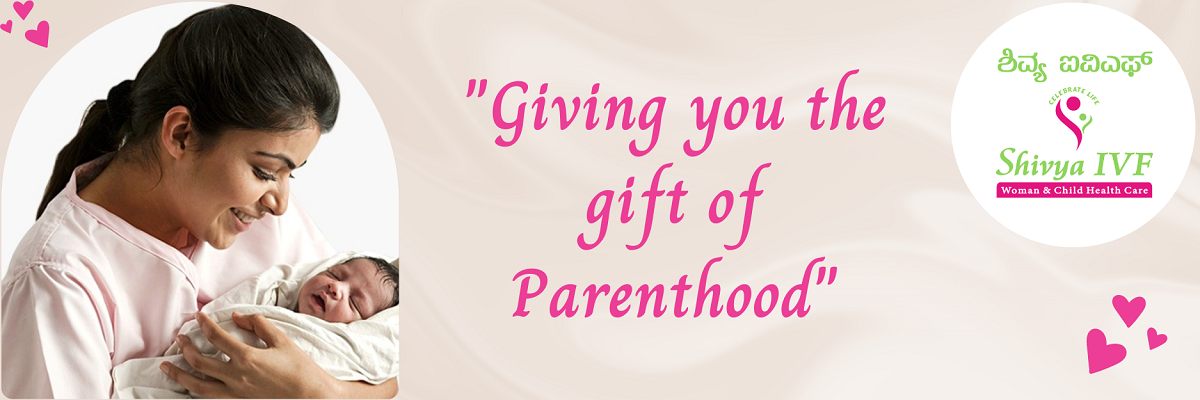
Surrogacy

“Little souls find their way to you, whether they’re from your womb or someone else’s.” Surrogacy is an emotional journey, full of ups and downs on the way to creating a family, yet it is a big leap for patients for whom it would be physically or medically impossible/ undesirable to carry a baby to term. Surrogacy is a method of reproduction whereby a woman agrees to become pregnant and deliver a child for a contracted party.
A ‘surrogate mother’ is a woman who agrees to have an embryo generated from the sperm of a man who is not her husband, and the oocyte for another woman implanted in her to carry the pregnancy to full term and deliver the child to its biological parent(s)”.
The Commissioning Parents, sometimes also called the intended parents, are the couples, who are unable to have children naturally or with medical help and decide to acquire a child through a surrogacy arrangement.
Surrogacy is of two types
Traditional surrogacy is done via artificial insemination, with the surrogate using her own egg and another man’s sperm.
Gestational surrogacy is done via IVF, where fertilized eggs from another woman are implanted into the surrogate’s uterus.
Gestational surrogacy includes two following types:
- Commercial Surrogacy: In this type of surrogacy, the surrogate mother will receive monetary compensation for carrying a child by the original parent.
- Altruistic (non-commercial) surrogacy: In this surrogacy, the surrogate mother doesn’t receive any payment for the process except medical expenses by the couple.
Traditional surrogacy is no longer allowed. The reason for this is that when the surrogate is also the genetic mother, the risk of legal complications increases. Surrogacy where the selling or buying of a human baby is involved is called commercial surrogacy and is banned in the country.
Who needs surrogacy?
- Women with serious health conditions like heart diseases, kidney disorders, etc who are prevented from carrying a baby.
- Women with infertility problems causing difficulties in getting pregnant or continuing a pregnancy due to recurrent miscarriages, stillbirths, or IVF failures.
- Single parent or person who wishes to have his or her own biological child.
- Couples of same-sex that wish to have a child can choose surrogacy.
- Busy women who can’t take out time for pregnancy due to their careers.
Criteria for the couple
The couple in question is required to have a certificate of proven infertility of one or both persons.
Additionally, the couple has to include a man between the ages of 26 to 55 years and a woman of 25 to 50 years of age. Both have to be Indians, married for at least five years, and should have no biological, adopted or surrogate children (unless the child is mentally/physically challenged or has a life-threatening disorder).
Criteria for the surrogate mother
- She is at least 21 to 35 years old in age and a close relative of the couple opting for surrogacy.
- Has given birth to a healthy baby in the past and she understands the medical risks of pregnancy, surrogacy process and childbirth and the emotional issues related to carrying a child.
- Has no sexually transmitted disease like HIV, Hepatitis B, HCV, Syphilis, etc.
Steps of surrogacy
- First of all choose an IVF Centre and a surrogate.
- Surrogacy starts with the retrieval of eggs from the intended mother or the donor. Then embryos are formed by fusing the obtained eggs with the intended father’s sperm or donor sperm followed by Embryo Transfer.
- After delivery the intended parents get full legal custody of the child as mentioned in the legal contract.
